Blaque makes space for Black people in the fitness and wellness industry
Blaque founder T’Nisha Symone discusses the philosophy behind finding a gym designed to serve her local community
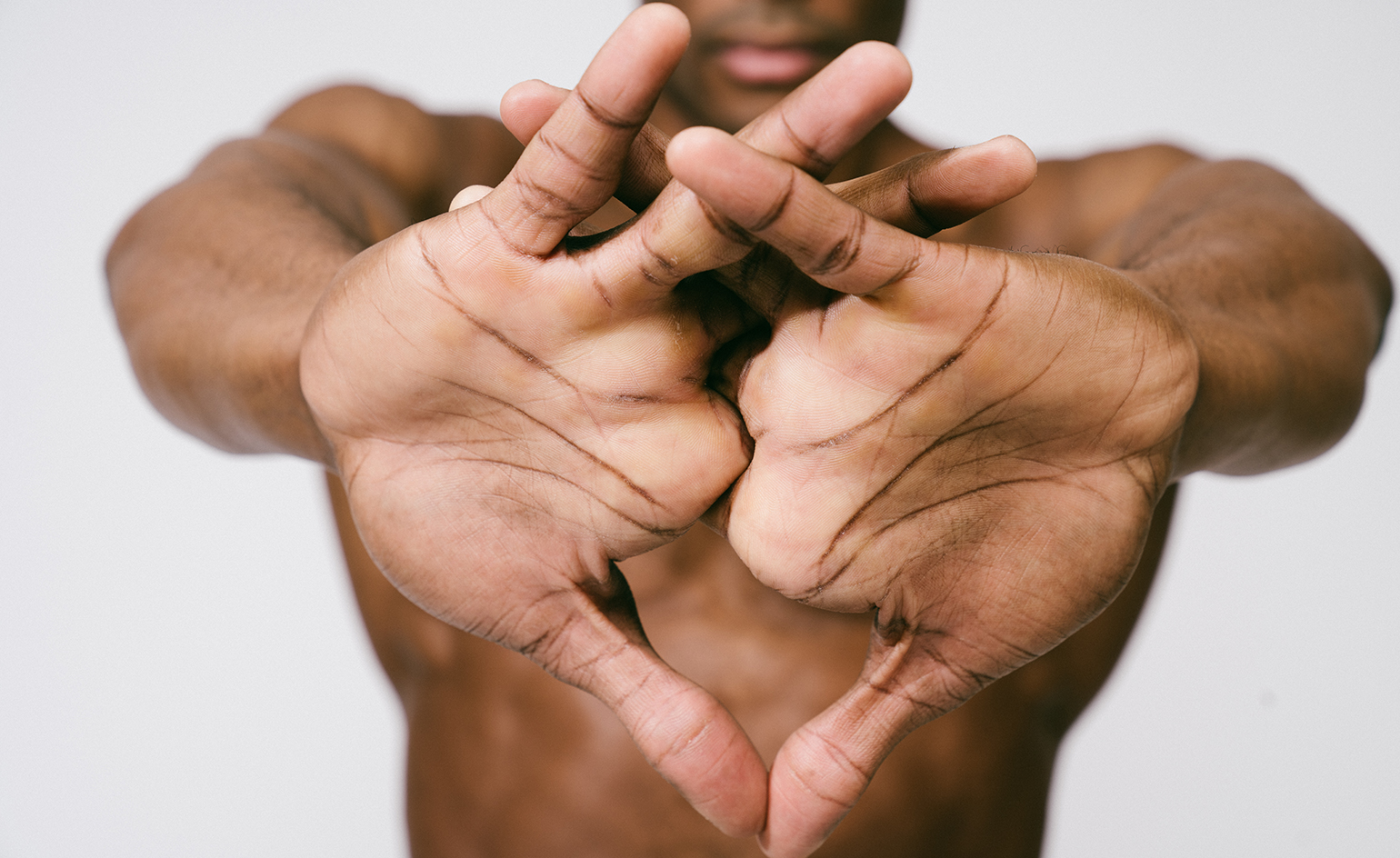
With fitness and wellness being of top priority now more than ever, the arrival of Blaque, the first luxury fitness club specifically designed to cater to the needs of Black communities, couldn’t come at a better time.
Founded by T’Nisha Symone, a fitness instructor and lifestyle coach who’s had a decade’s worth of experience in the industry, Blaque is a holistic concept that will address both the physical and mental health needs of its patrons.
‘Blaque is about making space for Black people in the fitness and wellness industry,’ says Symone, a first-generation Jamaican-American from Queens, New York. ‘That definition has evolved because of the times that we are in. Making space was extremely literal when we first started, and now it’s really about recognising that the space we haven’t had is not just about physically showing up to a club.’
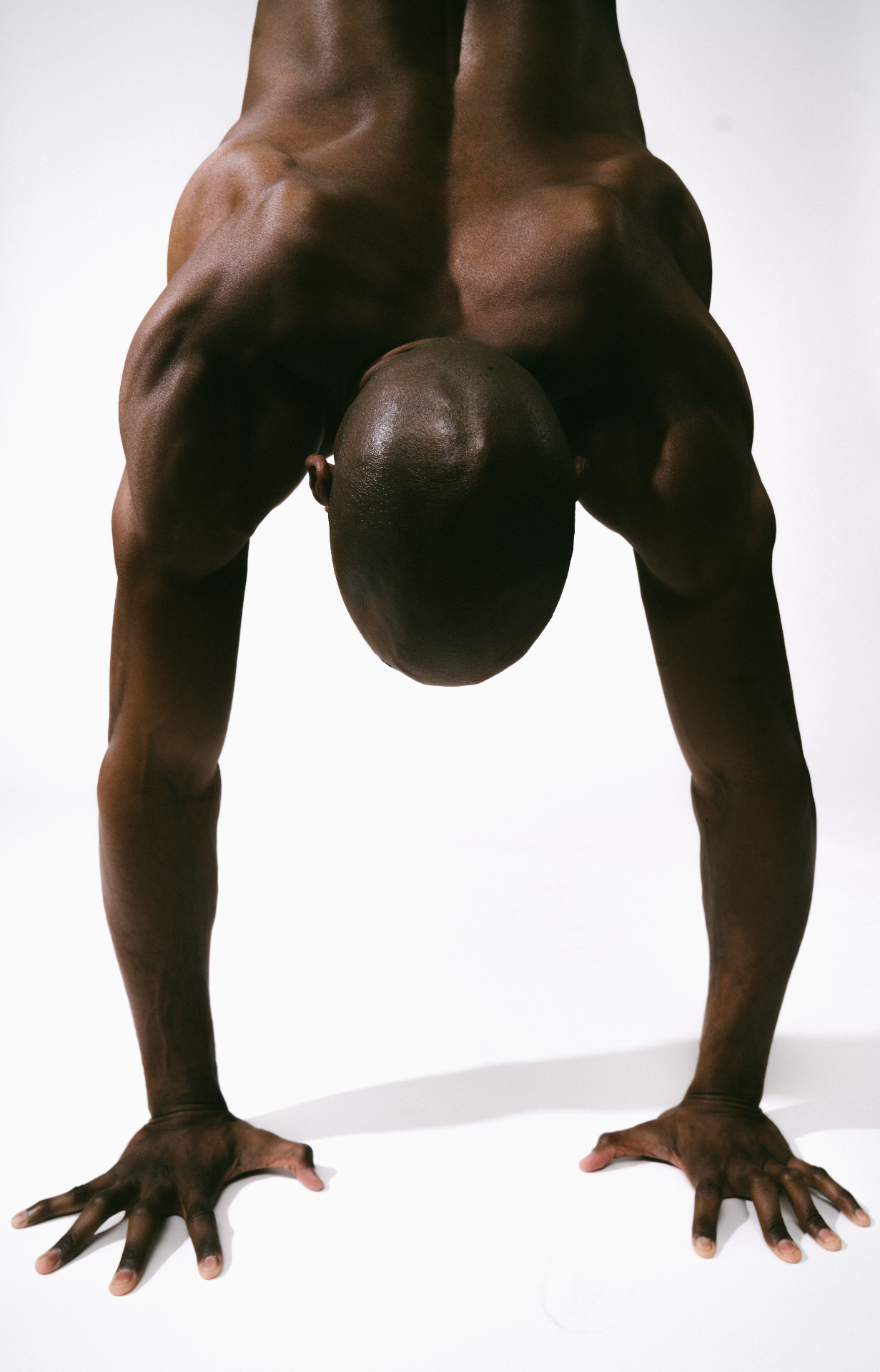
‘Really, when you go into a fitness space now, it’s such a focal point in people’s lives,’ she continues. ‘[It’s] where you socialise and get the resources that help you to live. Ultimately, knowing that we’re creating a space where we’re able to cater to all these unmet needs in the Black community, was why the name fit.
It’s about Black people and not just fitness. The whole premise of the industry is to optimise lives and to create a space where people can live well.’
Blaque makes the Black experience the focal point of all its services, from the classes offered to the music that is played (think: afrobeats, hip hop and compas), and the beauty and grooming products available (like whipped shea butter and Black-owned haircare brands).
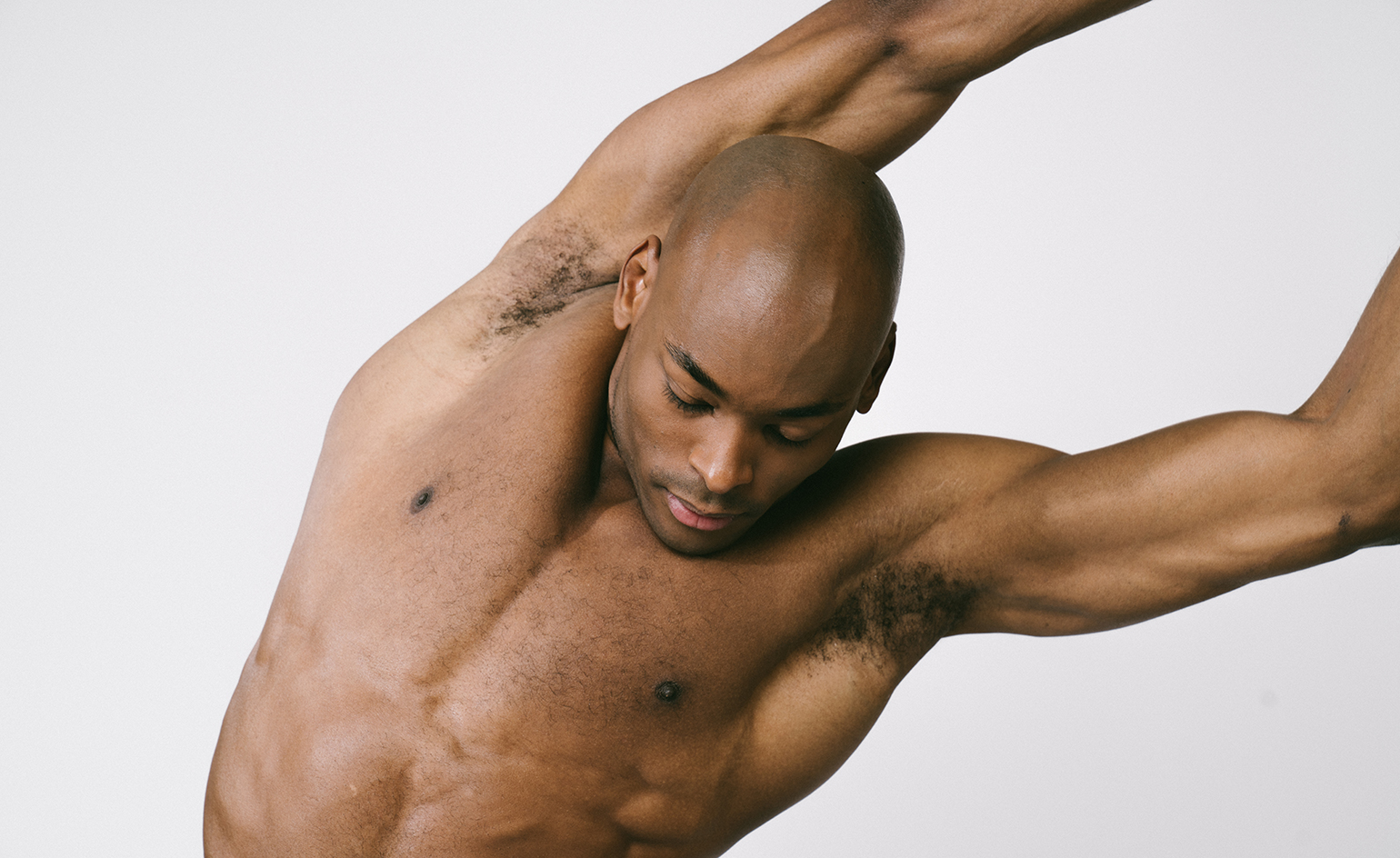
‘Blaque is an inclusive space for movement. As a space focused on the wellness of the Black community, it’s important to us that we consider the relatively limited experience that the fitness industry has with Black people. When class concepts are born out of Black culture (such as hip hop dance), they are repackaged to serve predominantly white members. But much of fitness culture was born out of what has been popularised in our euro-centric society,’ explains Symone.
Symone has been refining the concept since April 2019 and was ready to sign a lease on a space the week that New York City went into lockdown. While the opening of a physical space is still very much on the cards, Symone is currently crowd-funding towards the launch of a digital platform that will host guided meditations, provide fitness coaching, nutritional coaching, and facilitate community connections, that are targeted for the Autumn.
‘Crowd-funding is a really powerful [tool] where we can put the power into the hands of the community, rather than people who are very far removed from the ones we are trying to serve,’ explains Symone about her chosen route.
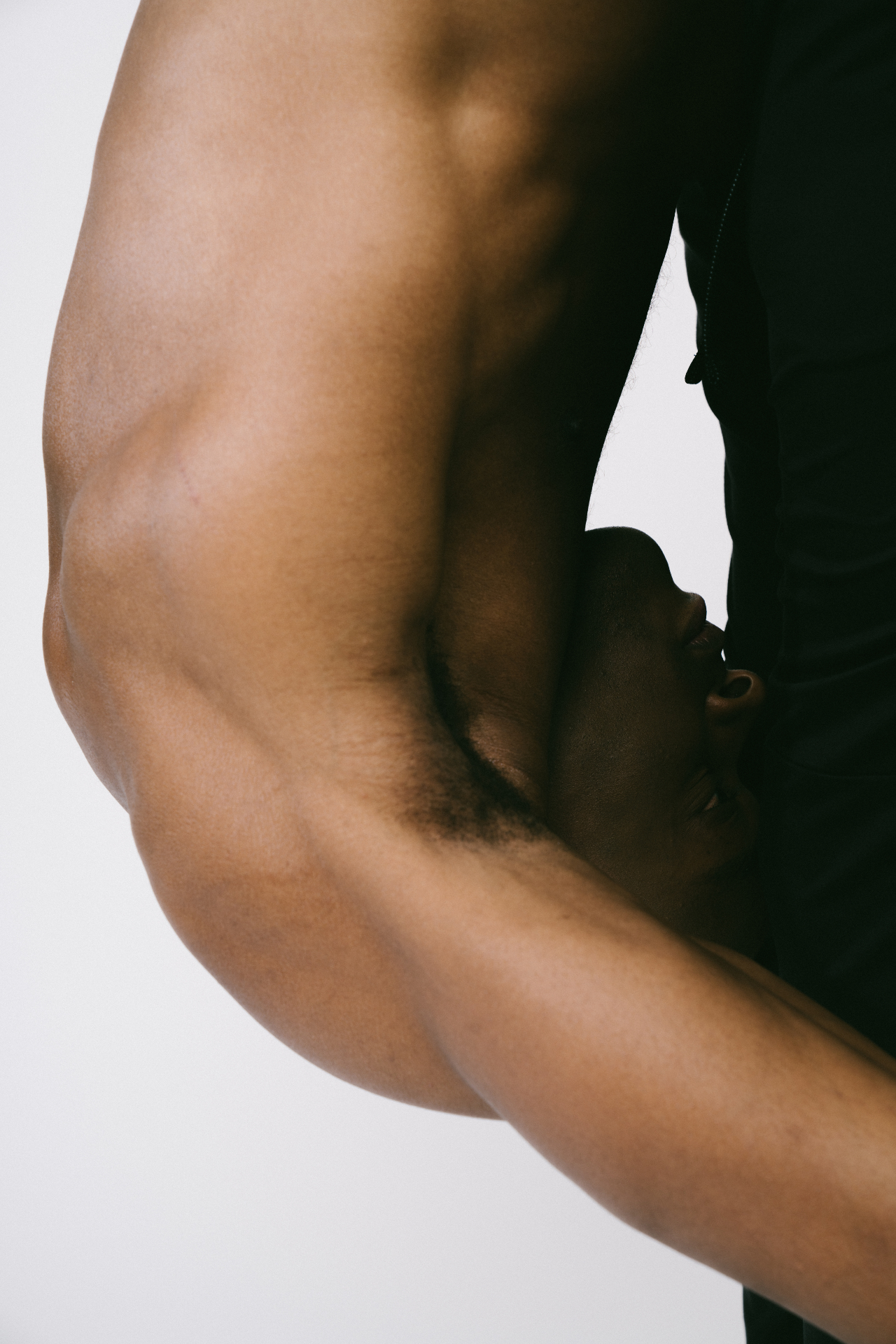
‘I feel often times that we don’t have so much autonomy over the companies that come into our neighborhoods. They’re just there and we take them. I felt like this was a great opportunity for our community to essentially vote for what they want with their own dollars. It’s about a cohesive community rather than one individual or a few individuals being able to dictate the world around them.’
Ultimately, Blaque is set to be a place where the physical, mental, and lifestyle needs of Black people will be catered for. ‘The fact that we could walk into service-based businesses and just expect that whatever they offered didn’t work for us, it was just how life is – I felt like that was a problem,’ Symone shares about her motivation.
‘I’ve worked in the fitness industry for ten years and even the geographical separation between where I lived and where I worked was a daily reminder of the prerequisite to distance myself from my roots to make a living in the fitness industry.’ she adds.
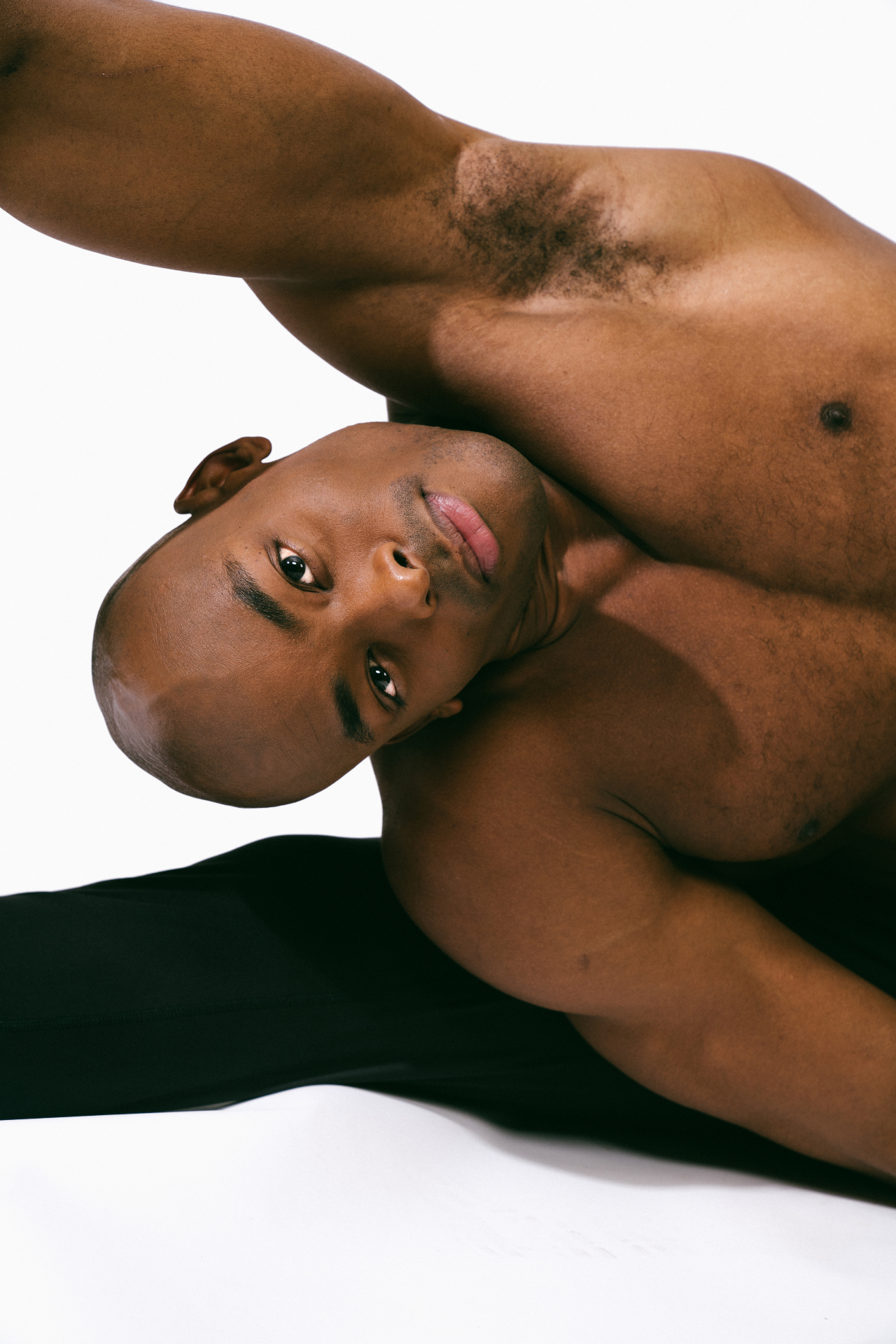
‘In order to access opportunity in the industry, I was relegated to serving a primarily white member base instead of my own community which is where the real need is. There is a wild juxtaposition between waking up at 4am to go to work in midtown Manhattan and improve the lives of people whose experiences don’t reflect yours while watching your own community’s health suffer.'
And while Blaque certainly does not exclude people of other backgrounds, it is specifically designed to meet the needs of members of the Black community first. ‘There is something so unapologetic in the name, which I love, because it’s important to say who we are,’ Symone says. ‘We are very specific about who we’re serving and that’s a group of people that haven’t been served for a really long time. There’s really no shame in that.’
INFORMATION
Wallpaper* Newsletter
Receive our daily digest of inspiration, escapism and design stories from around the world direct to your inbox.
Pei-Ru Keh is a former US Editor at Wallpaper*. Born and raised in Singapore, she has been a New Yorker since 2013. Pei-Ru held various titles at Wallpaper* between 2007 and 2023. She reports on design, tech, art, architecture, fashion, beauty and lifestyle happenings in the United States, both in print and digitally. Pei-Ru took a key role in championing diversity and representation within Wallpaper's content pillars, actively seeking out stories that reflect a wide range of perspectives. She lives in Brooklyn with her husband and two children, and is currently learning how to drive.
-
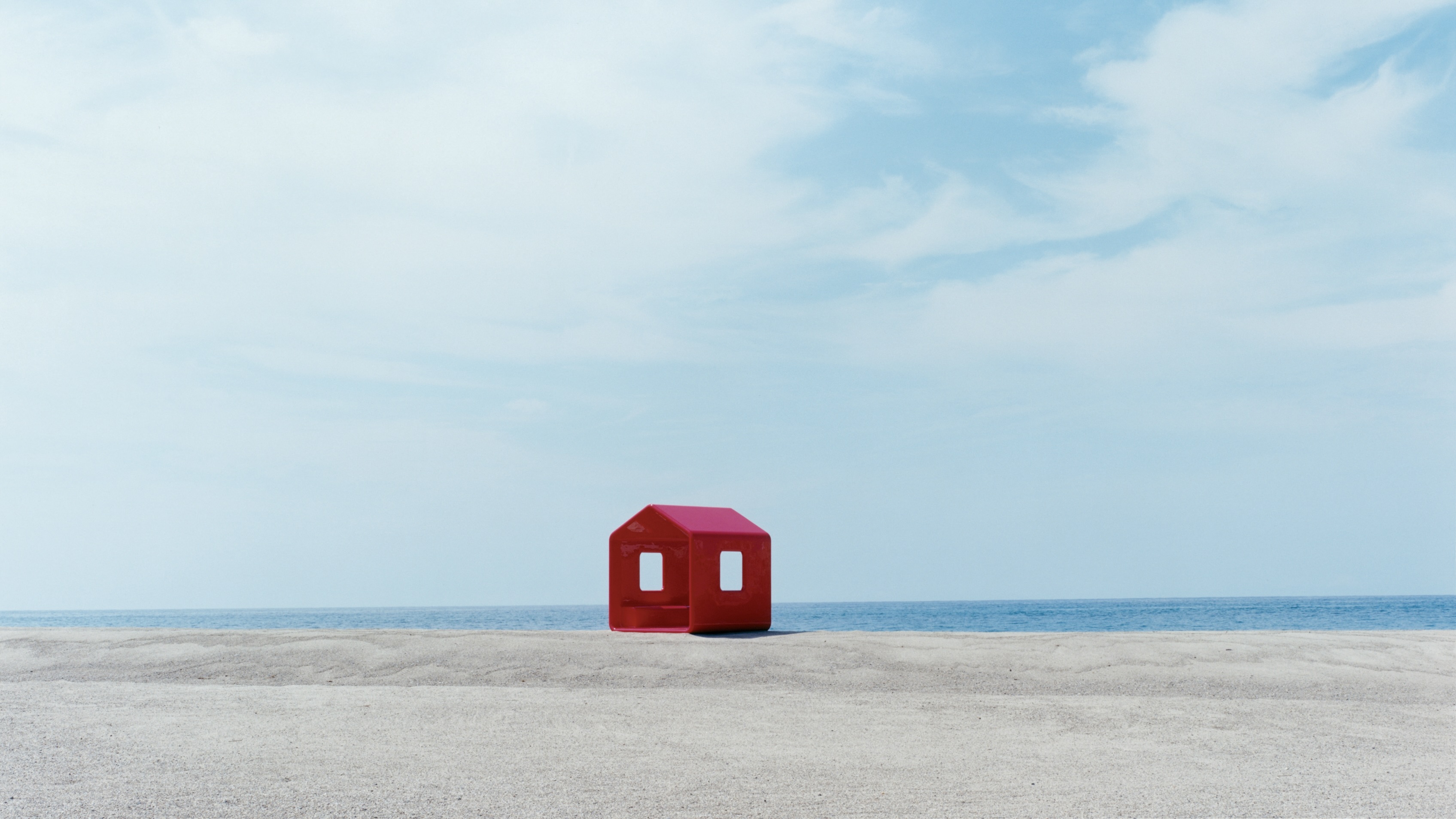 Naoto Fukasawa sparks children’s imaginations with play sculptures
Naoto Fukasawa sparks children’s imaginations with play sculpturesThe Japanese designer creates an intuitive series of bold play sculptures, designed to spark children’s desire to play without thinking
By Danielle Demetriou
-
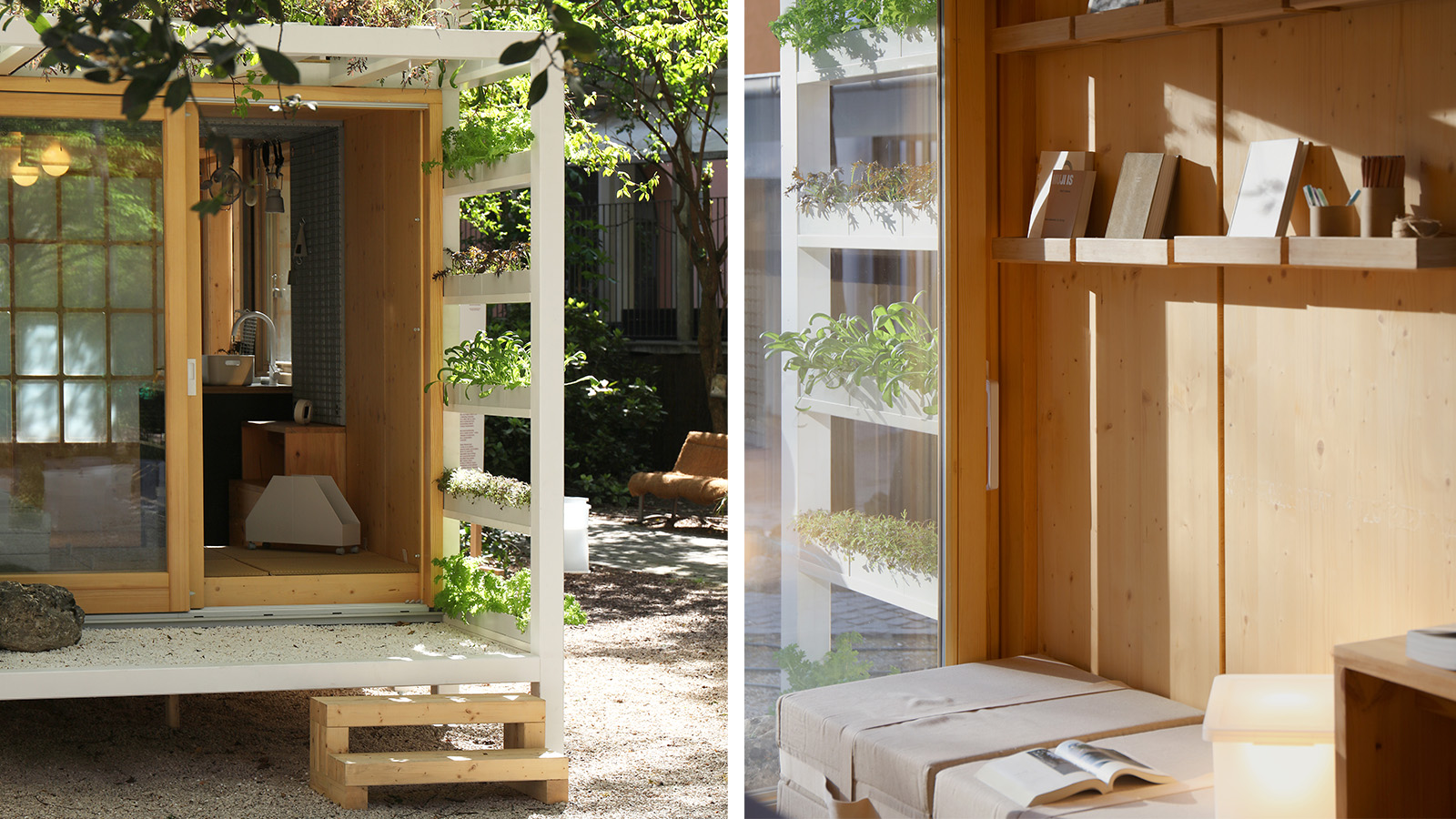 Japan in Milan! See the highlights of Japanese design at Milan Design Week 2025
Japan in Milan! See the highlights of Japanese design at Milan Design Week 2025At Milan Design Week 2025 Japanese craftsmanship was a front runner with an array of projects in the spotlight. Here are some of our highlights
By Danielle Demetriou
-
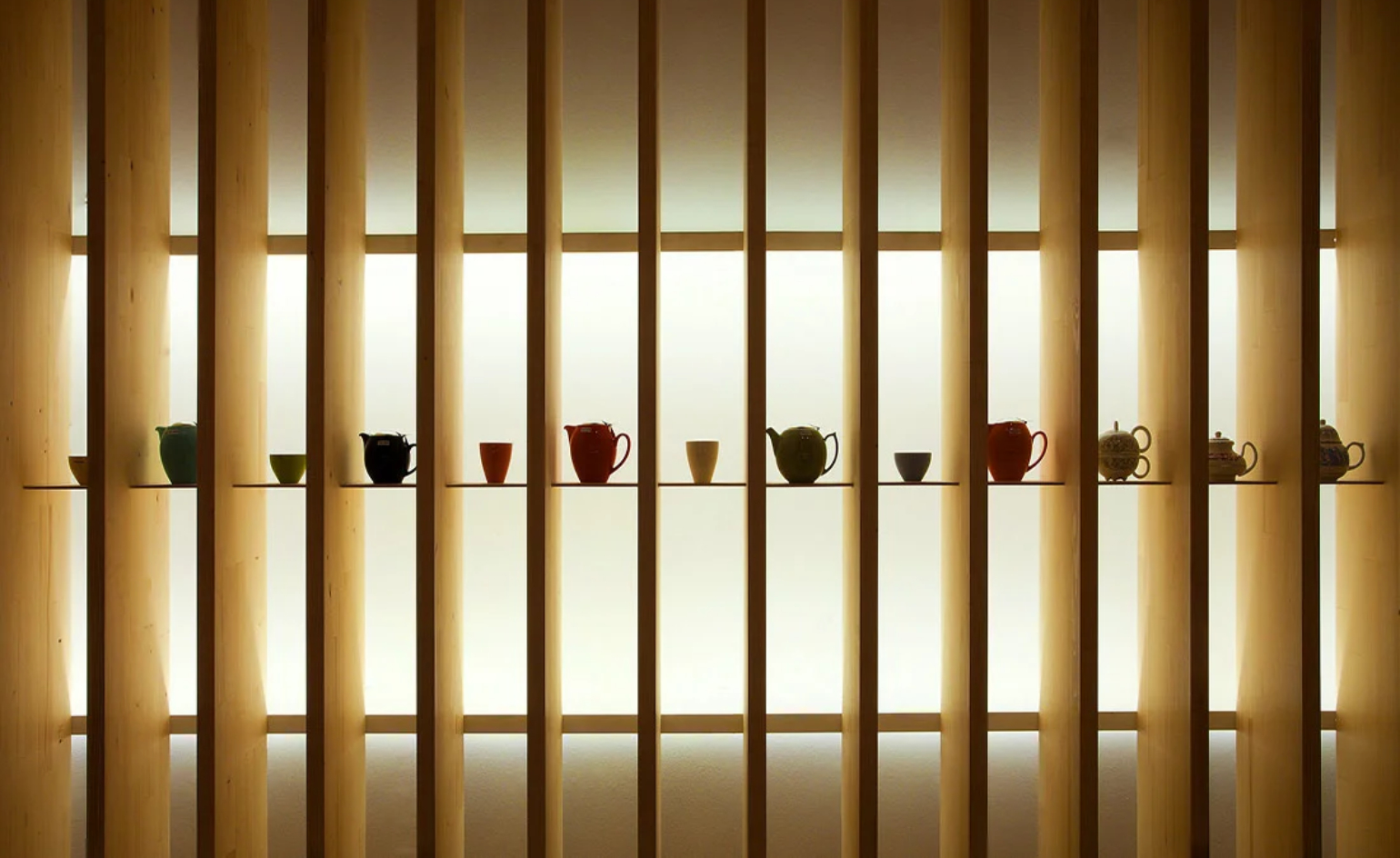 Tour the best contemporary tea houses around the world
Tour the best contemporary tea houses around the worldCelebrate the world’s most unique tea houses, from Melbourne to Stockholm, with a new book by Wallpaper’s Léa Teuscher
By Léa Teuscher
-
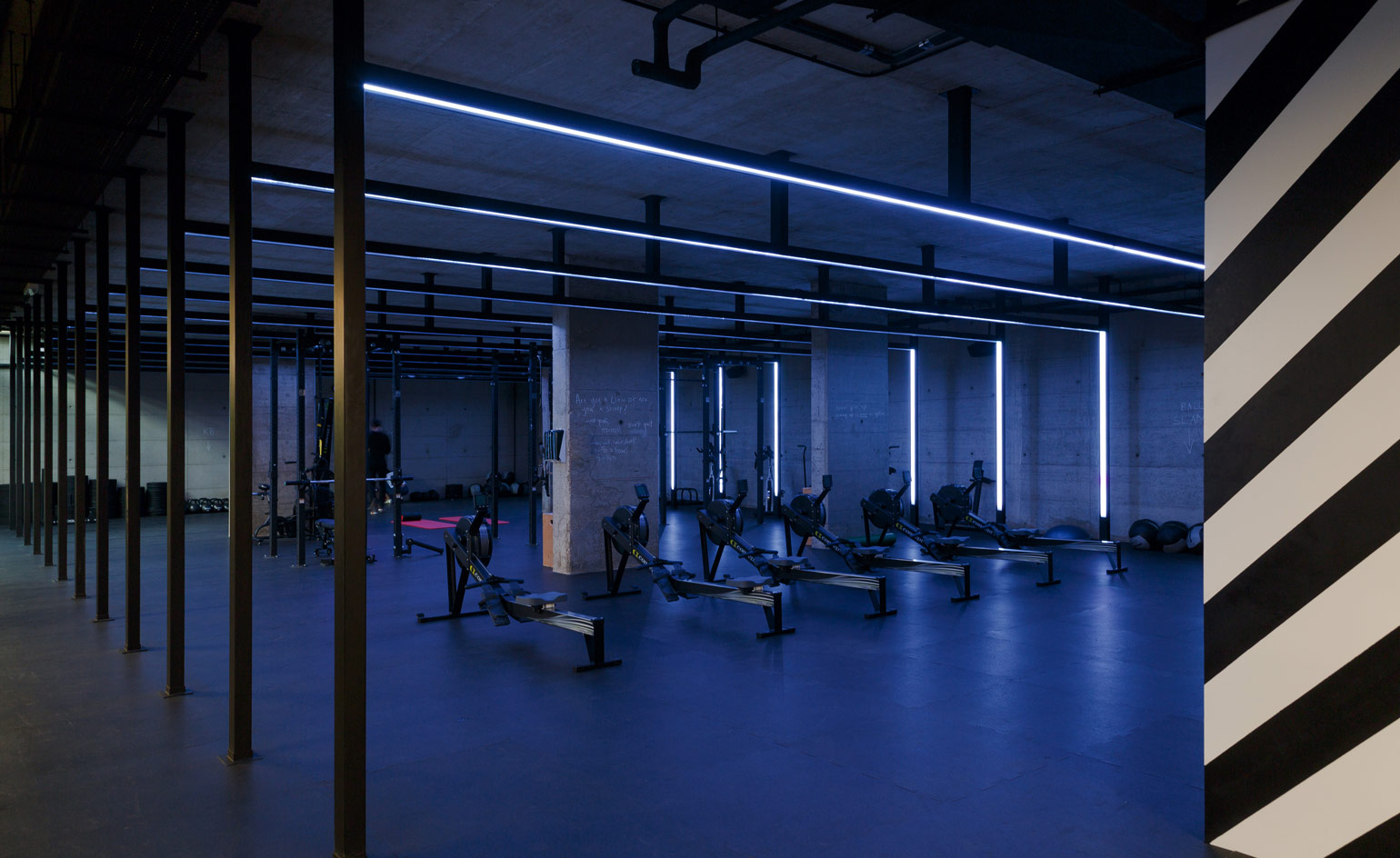 The best gyms around the world for design buffs in 2018
The best gyms around the world for design buffs in 2018By Mary Cleary
-
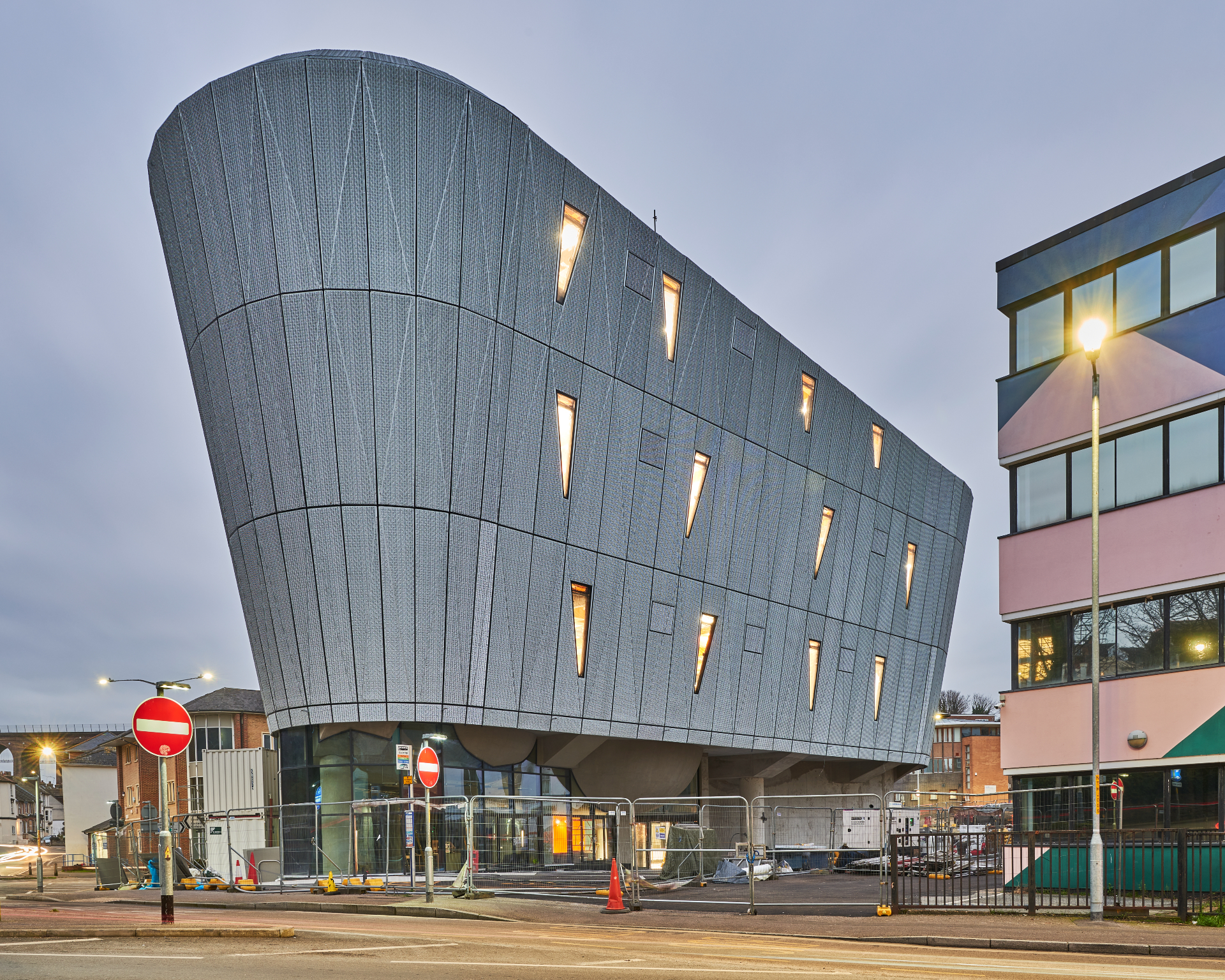 Skate park design goes to the British seaside with Guy Hollaway’s F51
Skate park design goes to the British seaside with Guy Hollaway’s F51F51 is Folkestone's brand new, dedicated, multistorey skate park, courtesy of the Roger De Haan Charitable Trust and Hollaway Studio
By Ellie Stathaki
-
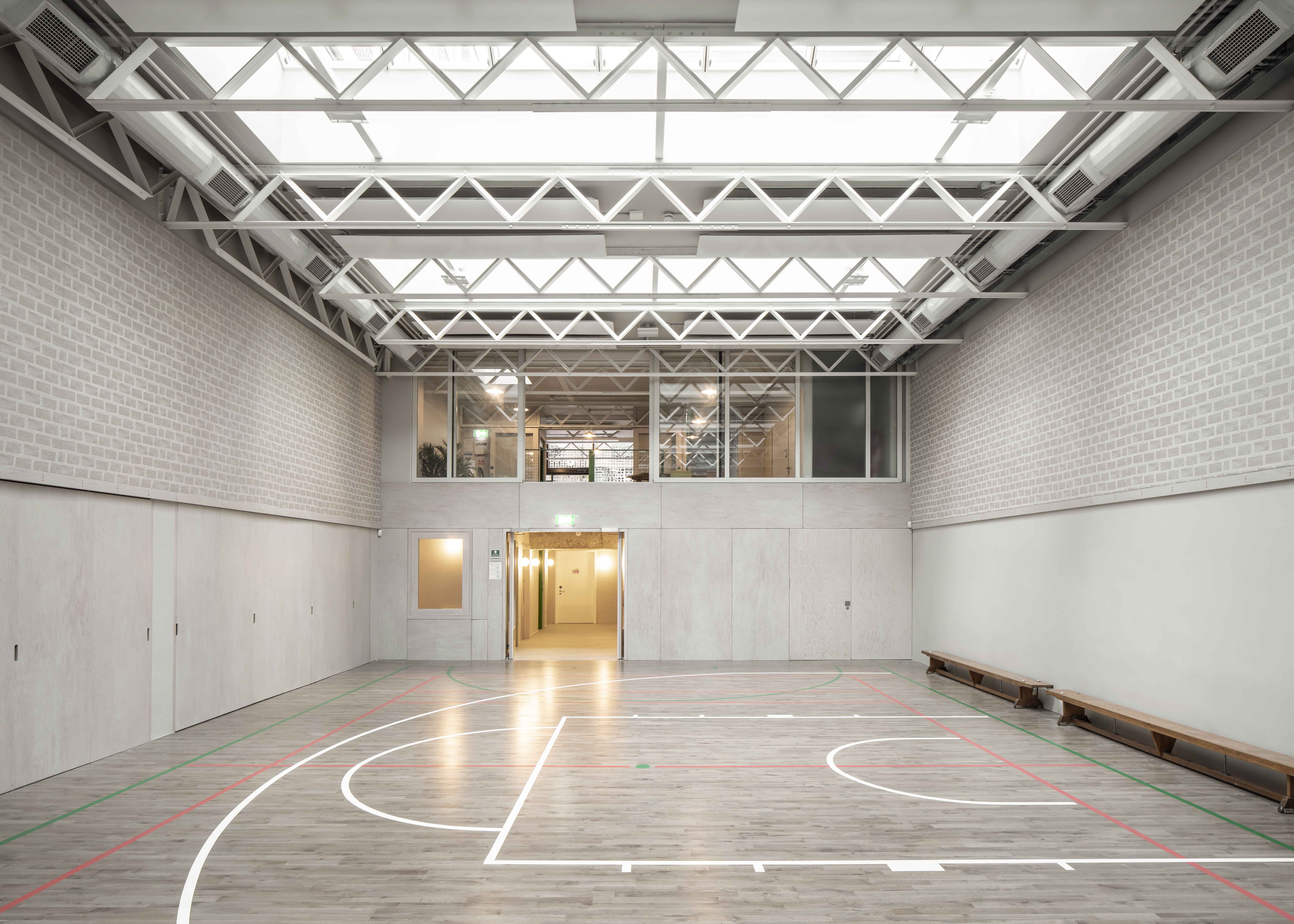 Community centre architecture redefined: Holborn House by 6a and Caragh Thuring opens
Community centre architecture redefined: Holborn House by 6a and Caragh Thuring opensHolborn House by 6a Architects and Caragh Thuring opens for the Holborn Community Association in London, bridging art and community architecture with people at its heart
By Ellie Stathaki
-
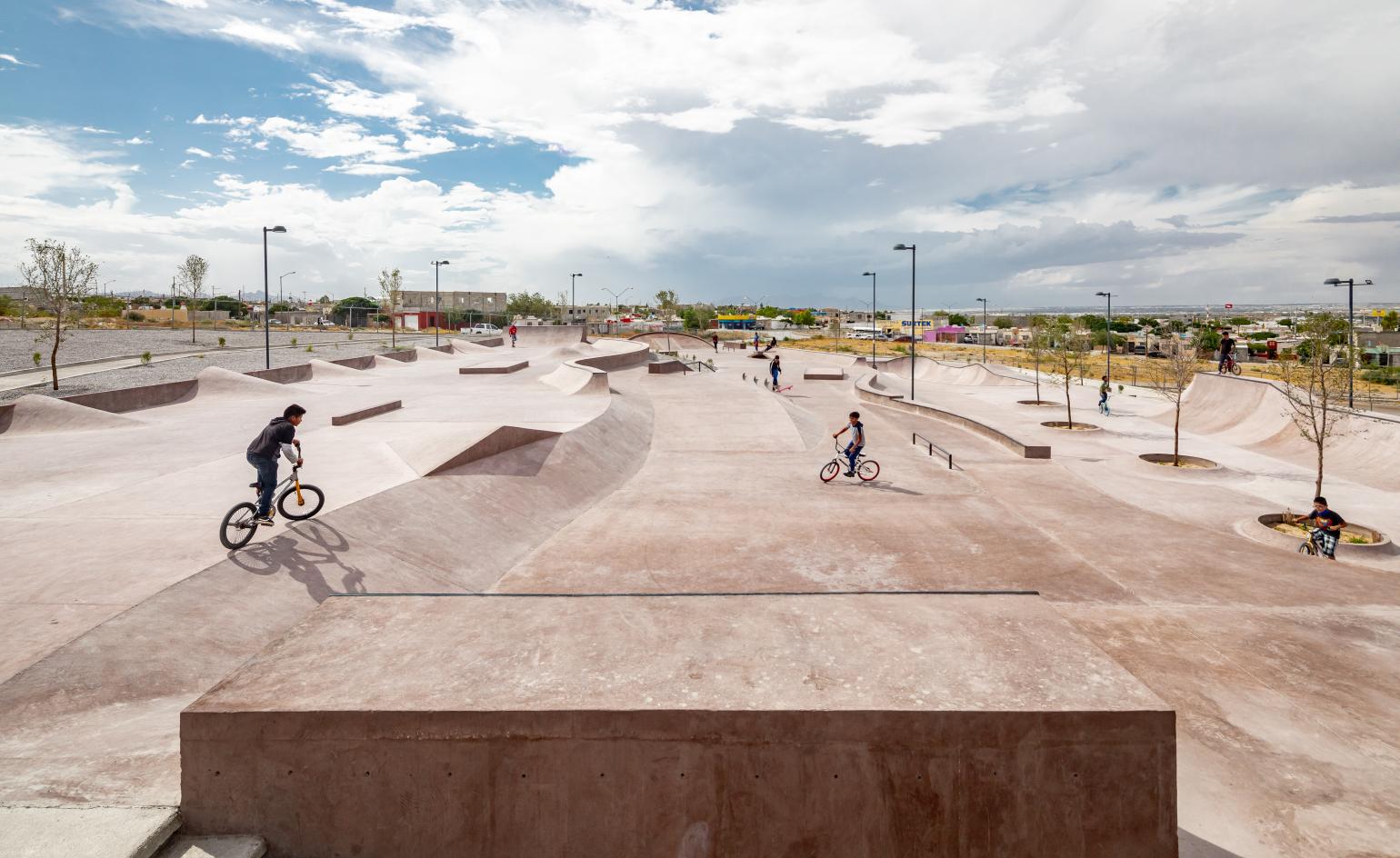 Pink concrete skatepark is a striking urban landmark in the Chihuahuan Desert
Pink concrete skatepark is a striking urban landmark in the Chihuahuan DesertA team of architects, landscape designers, sociologists and urban planners came together to create La Duna, a fine example of skatepark architecture on the northern border of Mexico
By Ellie Stathaki
-
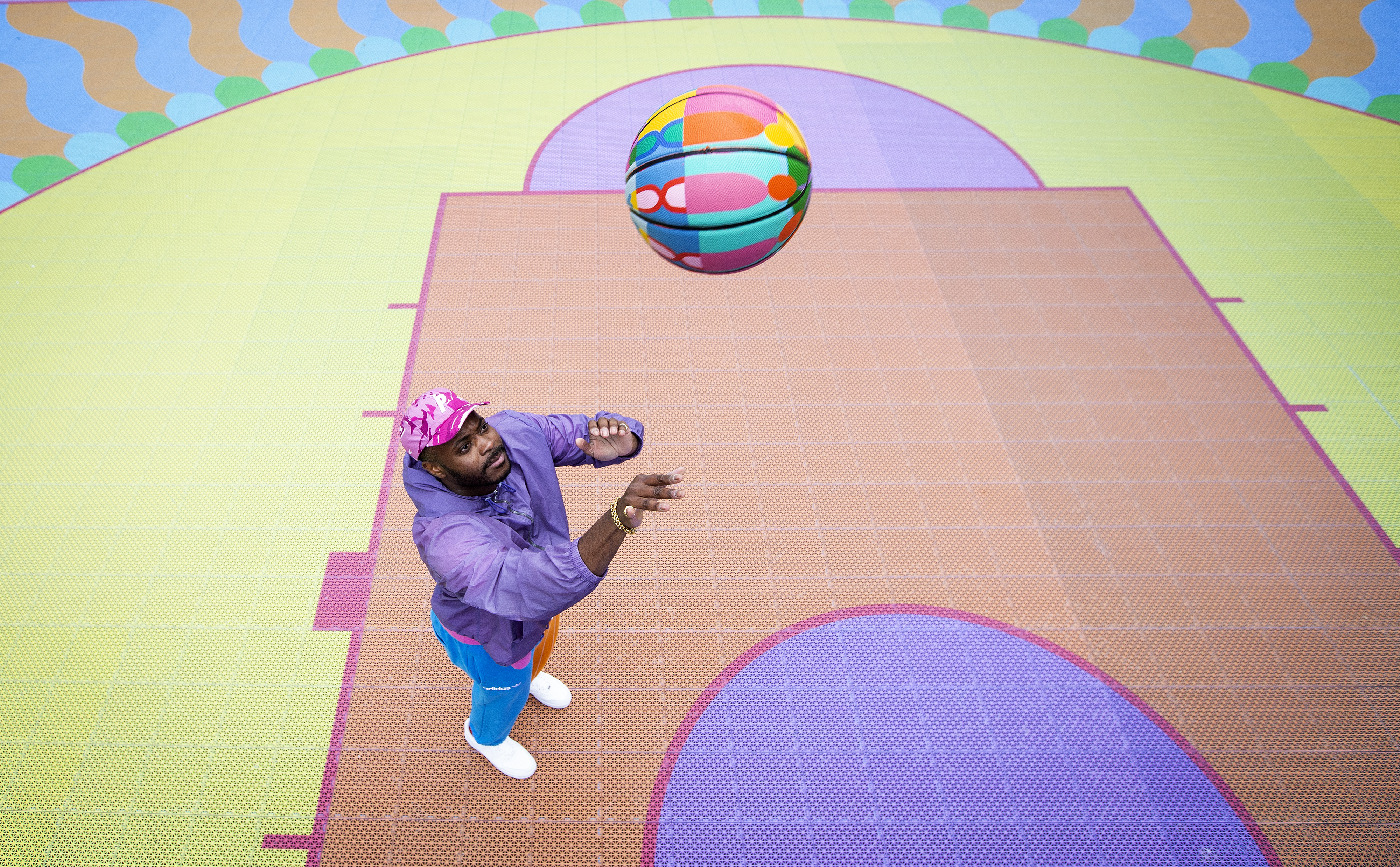 Last chance to play: Yinka Ilori's colourful basketball court in Canary Wharf is a slam dunk
Last chance to play: Yinka Ilori's colourful basketball court in Canary Wharf is a slam dunkArtist and designer Yinka Ilori applied his signature colourful geometries to his design for this new public basketball court in Canary Wharf, London
By Rosa Bertoli
-
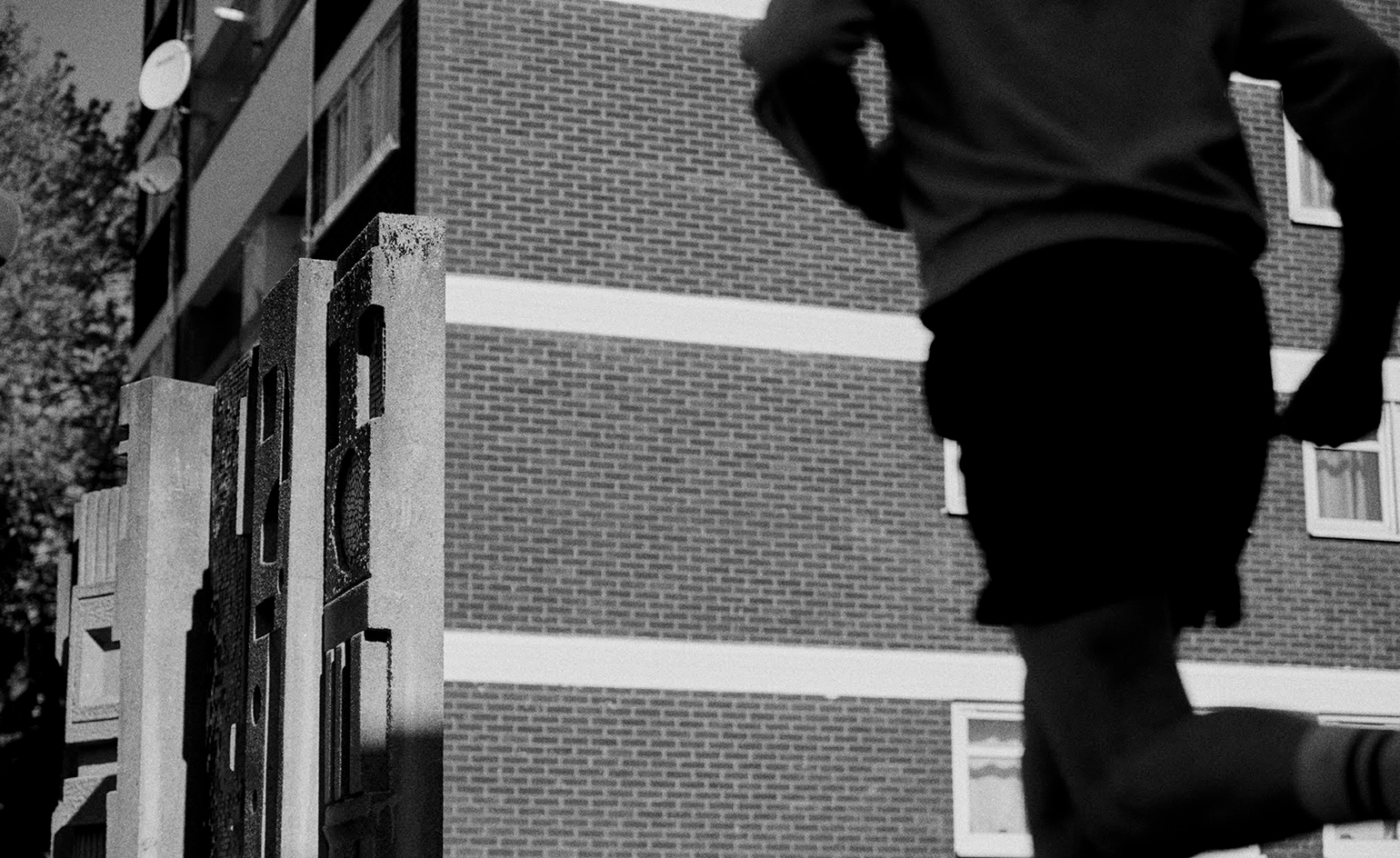 Building muscle: London architecture walks and runs
Building muscle: London architecture walks and runsTry these London architecture walks and runs for some physical and intellectual edification
By Simon Mills
-
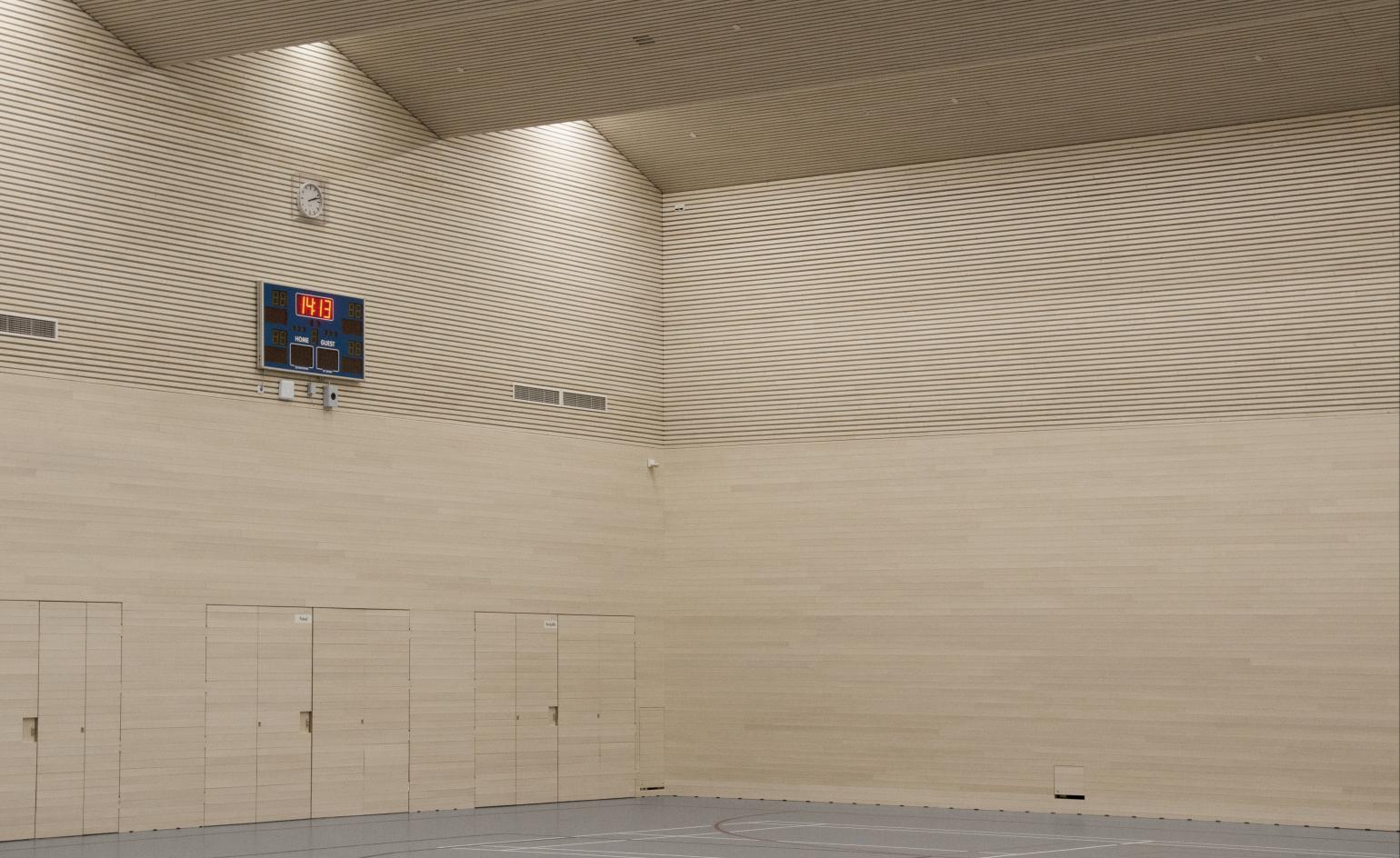 Janne Tuunanen captures modernist architecture of renovated Helsinki Olympic Stadium
Janne Tuunanen captures modernist architecture of renovated Helsinki Olympic StadiumPhotographer Janne Tuunanen captures the sharp modernist architecture of the recently renovated Helsinki Olympic Stadium in Finland in his latest series
By Ellie Stathaki
-
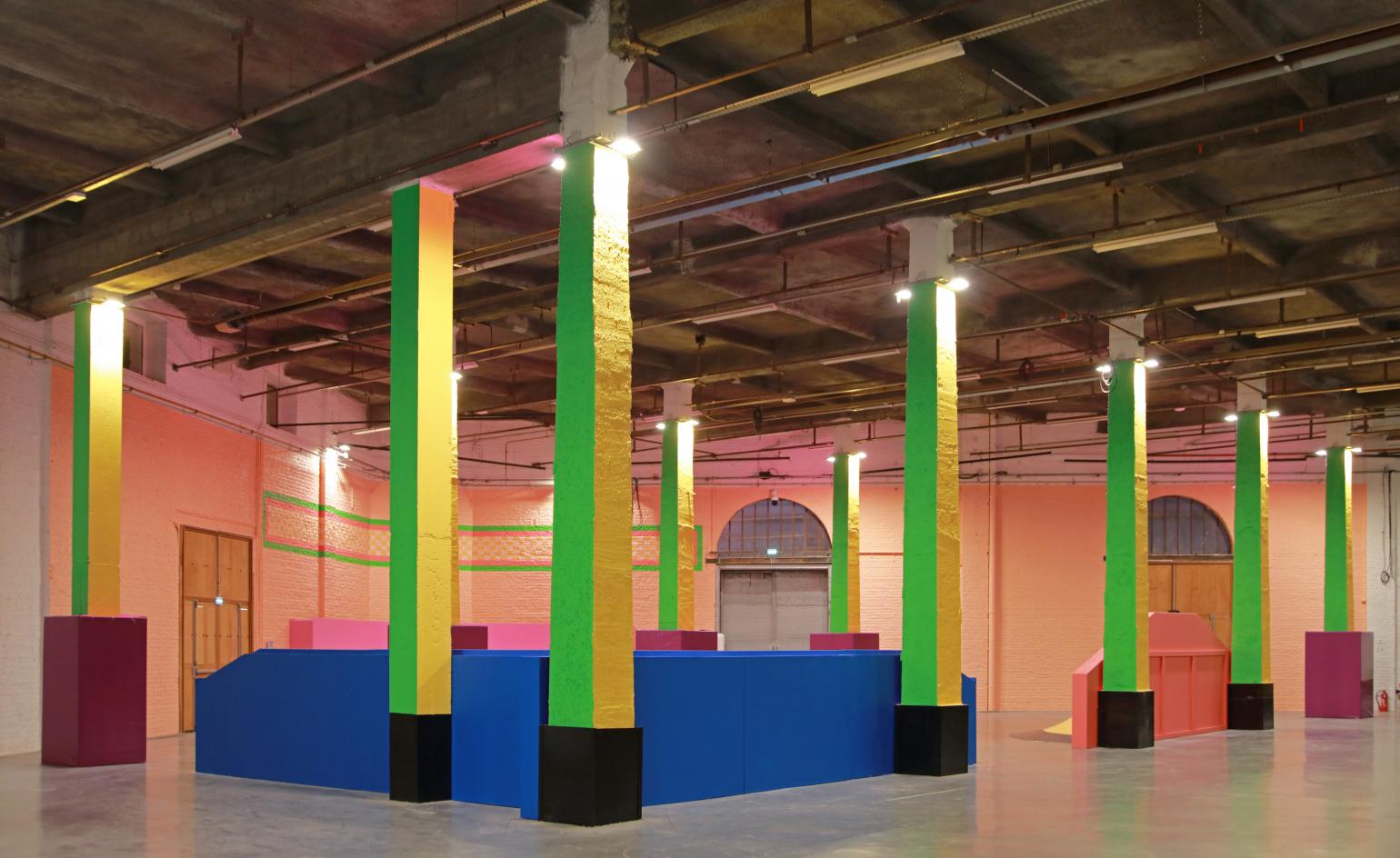 Yinka Ilori’s colourful skatepark in France is a pillar of the community
Yinka Ilori’s colourful skatepark in France is a pillar of the communitySport, street art and community merge in Yinka Ilori’s skatepark in Roubaix, project that is part of Lille’s World Capital of Design 2020
By Rosa Bertoli